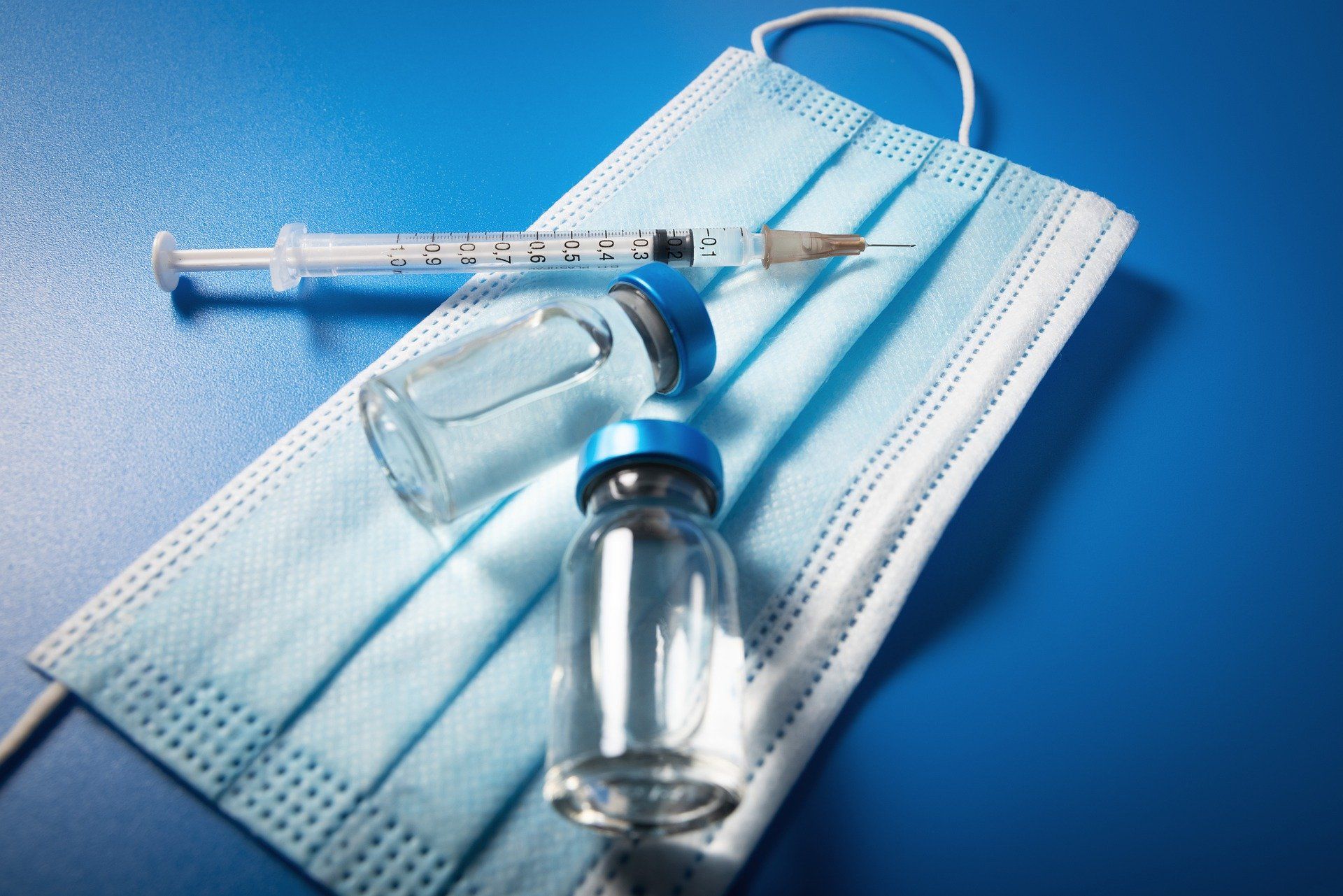A potential SarsCov2 vaccine being developed in India does not
require refrigeration or cold-chain storage, according to a study published in
the peer-reviewed journal Viruses. It has achieved the feat of generating a
large number of antibodies against widespread viral types in mice.
The vaccine candidate, developed by the Indian Institute of
Science (IISc) in Bengaluru and biotech start-up Mynvax, uses the
receptor-binding domain (RBD) of the viral spike protein, which allows the
virus to engage with the host cell and infect it.
Most vaccines require refrigeration to remain effective, according
to the team, which included researchers from Australia’s Commonwealth
Scientific and Industrial Research Organisation (CSIRO). Whereas the
heat-tolerant COVID-19 vaccine candidate can be stored for four weeks at 37
degrees Celsius and for up to 90 minutes at 100 degrees Celsius.
Also read: Long COVID: Eye problems, dementia and weight loss common among recovered patients
The Oxford-AstraZeneca vaccine, known in India as Covishield, must
be maintained between 2 and 8 degrees Celsius, whereas the Pfizer vaccination
requires specialized cold storage at minus 70 degrees Celsius.
A recent study just published in the journal Viruses, looked at
the efficiency of vaccinated mice blood samples against major coronavirus
subtypes like Delta and Omicron.
The researchers discovered that mice immunized with different
vaccine formulations produce high amounts of antibodies that neutralize
SARS-CoV-2 variants VIC31 (reference strain), Delta, and Omicron variants of
coronavirus.
Also read: Exercise after COVID or flu shot could enhance immune response: Study
According to the study, the corresponding values for reduction in
neutralisation against the Delta variant were 2.5 and 3.
The CSIRO’s assessment of the various Mynvax formulations will aid
in the selection of the best candidate and dosage for clinical trials in
India.
The vaccine’s capacity to tolerate transient thermal shocks,
according to the researchers, is particularly promising in addressing
vaccination disparity that plagues most low income and lower-middle-income
nations.
Also read: FDA authorizes 1st device to detect COVID-19 in breath samples
Also read: New omicron variant in China: How is it different from XE, other variants?
COVID-19 vaccinations have been delivered to over 10 billion
people worldwide, with 51 countries reaching over 70 per cent of their population.
In low-income countries, however, this figure is only 11%.







